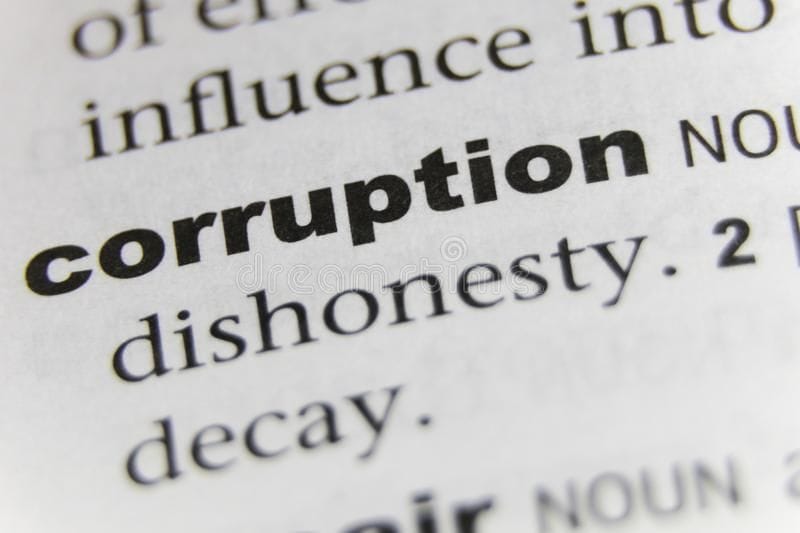
The Supreme Court of India has reserved the judgement on an appeal that seeks to set aside the constitutionality of Section 17A of the Prevention of Corruption Act, 1988. This provision which was inserted by amendment in 2018 means that before any inquiry or investigation is carried out against a public servant on grounds that he/she committed an act, it must first be determined by a competent authority. The ruling of the court is what is the most anticipated because it would have significant impact on the war against corruption and whether government officials are given security.
Facts of the Case
The writ petition to challenge Section 17A was filed by the non-governmental organization Centre for Public Interest Litigation (CPIL) before the Supreme Court. The petition claims that this level of protection given to corrupt officials promote the act as a shield against prosecution, and prevented the investigative bodies to act in its own interest with speed. A bench of Justices B.V. Nagarathna and K.V. Viswanathan was hearing the case.
Issue Raised
The main question that arises is whether Section 17A requiring prior government permission in investigating a public servant is unconstitutional.
For any queries or to publish an article or post or advertisement on our platform, do call at +91 6377460764 or email us at contact@legalmaestros.com.
Observations and Judgment
The Supreme Court has made some important remarks in the course of the proceedings which points to the thin balance that it tries to accomplish. The judges pointed out that they need to strike the balance between ensuring that honest government servants are not attacked by landing charges and yet corrupt officers are not put out of reach of investigations.
Justice Nagarathna noted that the court cannot treat the case on a priori view that, all the officers were dishonest or all the officers were honest, and honest officers could not be coming to work thinking that a Damocles sword hangs over their necks, which may result in a policy stalemate. On the same note, Justice Viswanathan commented that it is necessary to offer protection against officials who take bona fide decisions in national interest against becoming victims of political vendetta following a change of government.
The court realized the petitioner concerns on the danger of the misuse of it but then wondered if the danger of the misuse is enough reason to annul the provision as a whole. The pending decision will make the constitutional position of Section 17A clear as well as establish a concrete path that will guide corruption charges levied against the public servants in India into the future.
For any queries or to publish an article or post or advertisement on our platform, do call at +91 6377460764 or email us at contact@legalmaestros.com.




![Research Assistantship @ Sahibnoor Singh Sindhu, [Remote; Stipend of Rs. 7.5k; Dec 2025 & Jan 2026]: Apply by Nov 14, 2025!](https://legalmaestros.com/wp-content/uploads/2025/11/Gemini_Generated_Image_s0k4u6s0k4u6s0k4-768x707.png)
![Karanjawala & Co Hiring Freshers for Legal Counsel [Immediate Joining; Full Time Position in Delhi]: Apply Now!](https://legalmaestros.com/wp-content/uploads/2025/11/Gemini_Generated_Image_52f8mg52f8mg52f8-768x711.png)